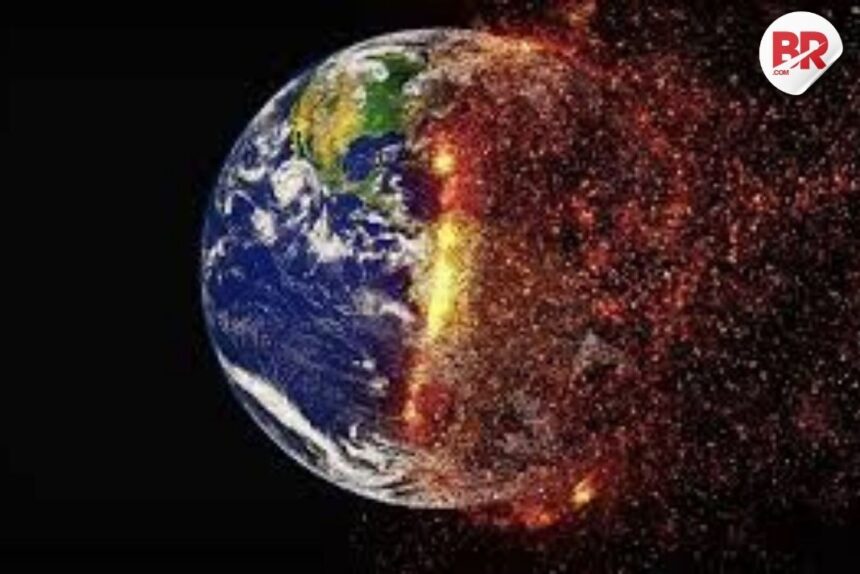
A new study led by NASA and Japan’s Toho University has found that life on Earth will most likely end due to a lack of oxygen — not from a meteorite crash or climate change.
The research shows that this won’t happen suddenly. Instead, life will slowly fade away as oxygen levels in the air drop over time. Oxygen is essential for most life forms on Earth, especially humans.

What Did the Study Find?
Scientists at Toho University used computer models to study Earth’s future atmosphere and climate. They discovered that in about a billion years, the Sun will become much brighter. This extra heat will affect the balance of gases on Earth.
Also Read: India’s Tough New Satellite Rules Could Crush Starlink and OneWeb’s Internet Dreams!
As temperatures rise, the carbon cycle — which helps plants grow and produce oxygen — will break down. Plants and animals will start dying, and the process of photosynthesis (which keeps oxygen levels stable) will slow down and eventually stop.
As a result, Earth’s atmosphere will become full of methane and other greenhouse gases, but will have very little oxygen left.
What Happens Then?
With less and less oxygen, animals and humans — who need oxygen to survive — will begin to die out. Only tiny living things like anaerobic bacteria and microbes, which don’t need oxygen, might survive.
So, while this change won’t happen anytime soon and is still billions of years away, the study gives us a peek into how Earth might look in the far future — not with a bang, but with a slow breathless fade.












